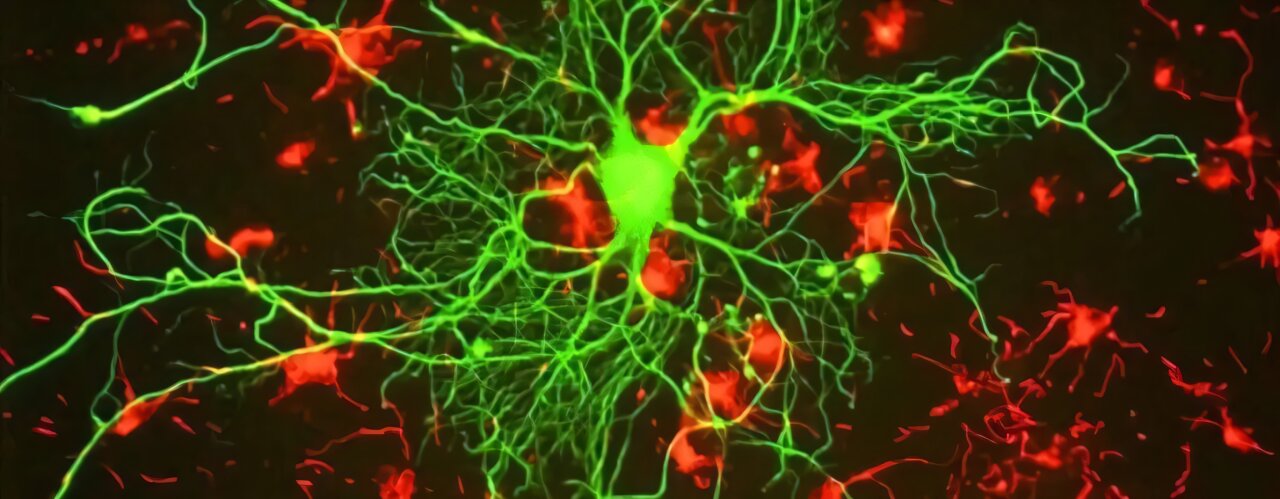Mitochondrial Dysfunction and Alzheimer's: Key to Onset and Treatment

New Insights into Alzheimer’s Disease and Potential Treatment Pathways
Recent research from the Mayo Clinic has uncovered a significant link between how brain cells generate energy and the progression of Alzheimer's disease. The study, published in Alzheimer's & Dementia, highlights the role of mitochondrial complex I—a vital component in cellular energy production—as both a contributor to disease development and a potential target for new therapies.
Led by senior author Eugenia Trushina, Ph.D., the team found that disruptions in the activity of complex I can lead to gene expression patterns commonly associated with Alzheimer’s. Their findings suggest that adjusting complex I function using small molecules could activate protective mechanisms in brain cells, offering a promising approach to treatment.
Mitochondria are often referred to as the powerhouse of the cell, responsible for generating the energy needed for cellular functions. In neurons, which have high energy demands, mitochondrial dysfunction can have severe consequences. The researchers observed that when complex I is not functioning properly, it disrupts how brain cells manage energy and respond to stress—changes that mirror those seen in the brains of individuals with Alzheimer’s.
Using experimental models and advanced molecular and computational tools, the team demonstrated that mild modulation of complex I activity with specially designed small molecules helped neurons activate protective responses, such as reducing inflammation and improving energy balance.
Interestingly, the study revealed differences in how males and females responded to these treatments. This finding suggests that future therapies may need to be tailored based on sex, particularly for a disease like Alzheimer’s, which affects men and women differently.
Current Alzheimer’s treatments primarily focus on managing symptoms or targeting hallmark brain changes such as amyloid plaques and tau tangles. However, these approaches have had limited success in halting disease progression. The new study points to mitochondrial dysfunction as a possible upstream trigger—one that may begin long before cognitive symptoms emerge.
“This study gives us a deeper understanding of the cellular events that spark Alzheimer’s and, more importantly, how we might intervene to slow or prevent its progression,” says Dr. Trushina. “Our results open the door to a new class of drugs that work by protecting the brain's energy supply and buffering it against early disease-related changes.”
The research is part of a larger initiative at Mayo Clinic called the Precure program, which aims to develop tools that help clinicians predict and intercept biological processes before they evolve into disease or progress into complex, hard-to-treat conditions.
Looking ahead, the team plans to further investigate the safety and effectiveness of complex I modulators in preclinical models, with the goal of advancing into clinical trials. These efforts could pave the way for more personalized and effective treatments for Alzheimer’s disease.
This groundbreaking study offers new clues about how Alzheimer’s begins and presents a promising path for developing better, more targeted therapies. As research continues, the potential to improve outcomes for patients suffering from this devastating condition grows ever closer.
Post a Comment for "Mitochondrial Dysfunction and Alzheimer's: Key to Onset and Treatment"
Post a Comment